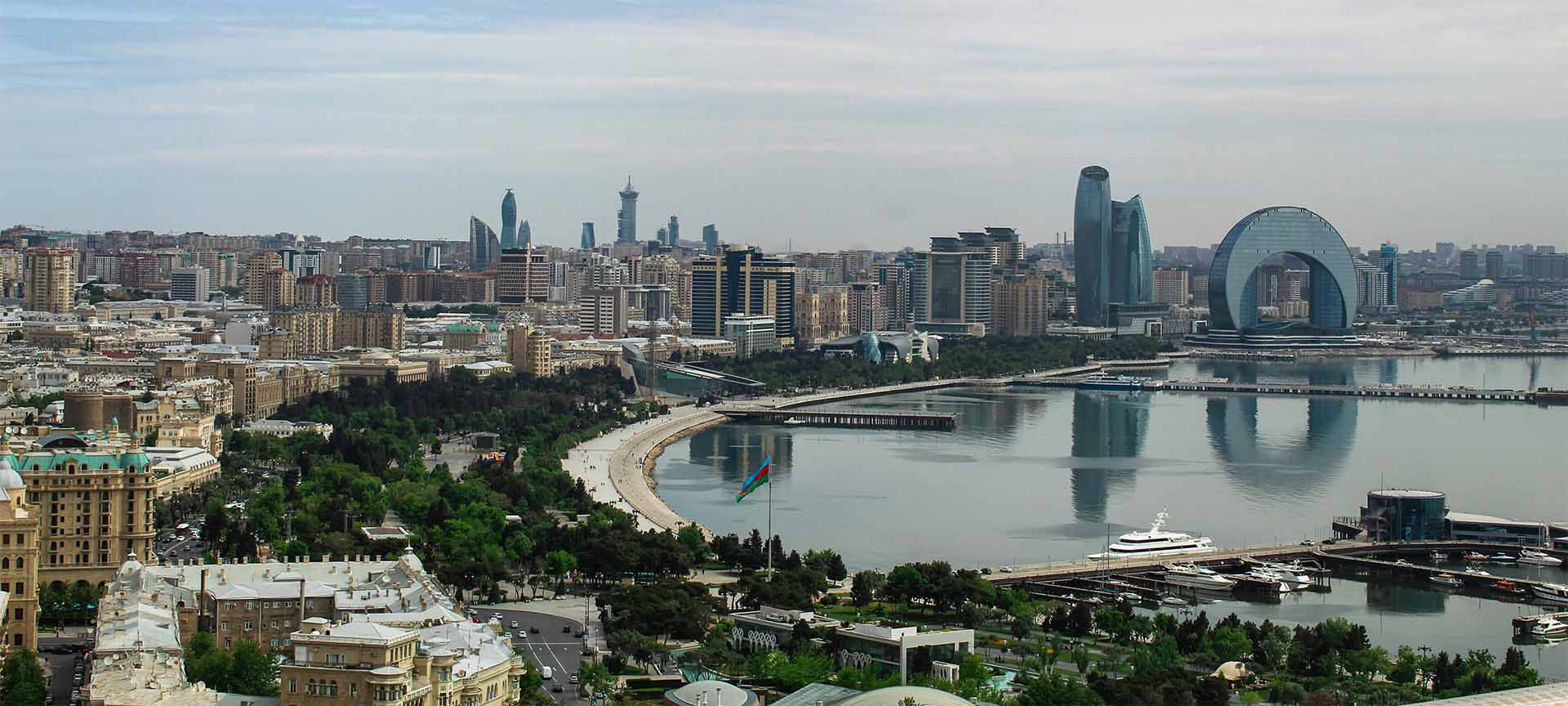I’ve mixed feelings about COP29 this month in Azerbaijan, not only as a sustainability professional but also someone with Armenian heritage. Putting those feelings to one side, the expectations are high and there is a need now more then ever before for agreement to be reached to address climate change. Azerbaijan has outlined a framework for action for COP29, this comprises of three main aims: (1) limiting warming to below 1.5˚C, (2) enhancing ambition and enabling action, and (3) ensuring an inclusive process.
In many ways, with the turmoil that exists in the world right now, there is no better time to bring representatives from 196 governments together to cooperate to address critical climate issues. But at the same time, it may be asking too much. There is already significant tension around the choice of Azerbaijan as the host of COP29 with its production and use of fossil fuels and natural gas, its human rights record and history of conflict. Add to this the impact of the election in the US and the potential return of the Trump administration, who famously withdrew the US from the Paris climate agreement.
So what can we expect COP29 to achieve?
COP29 has become known as the “Finance COP”. The focus will be on setting a new target to replace the annual $100 billion target developed nations agreed in 2015 as part of the Paris Agreement to raise to help developing countries reduce emissions and mitigate the impacts of climate change. This was due to be in place by 2020, it was met 2 years late with some resistance.
There are several considerations when agreeing a new target. The annual $100 billion is unanimously agreed to be insufficient; a drop in the ocean in comparison to what developing countries need. How much the target should be increased by and in what time frame, the terms, mechanisms for funding and measuring are also unclear. In addition, who should be paying the most to fight climate change? Should emerging countries like China and Saudi Arabia be asked to contribute? It is unlikely that COP29 alone is going to be able to address and resolve all of this.
Expectations are high along with the potential risks that not much will change. But the reality is that we can’t afford to not change, we can’t wait another 15 years to make a change. Change is needed now and, if COP29 can pull it off, we might finally be at a point when those big shifts will start to happen. Let’s keep our fingers crossed.

Caroline joined Oxford HR in 2024 as an Advisor on Sustainability/ESG. Caroline has over 25 year’s experience in the ESG space, working with companies and organisations to improve their ESG and overall business performance. She has worked with leading consulting firms to advise clients on ESG strategy and management globally and has a particular interest in how ESG can be used to enhance and improve company performance and profitability.



